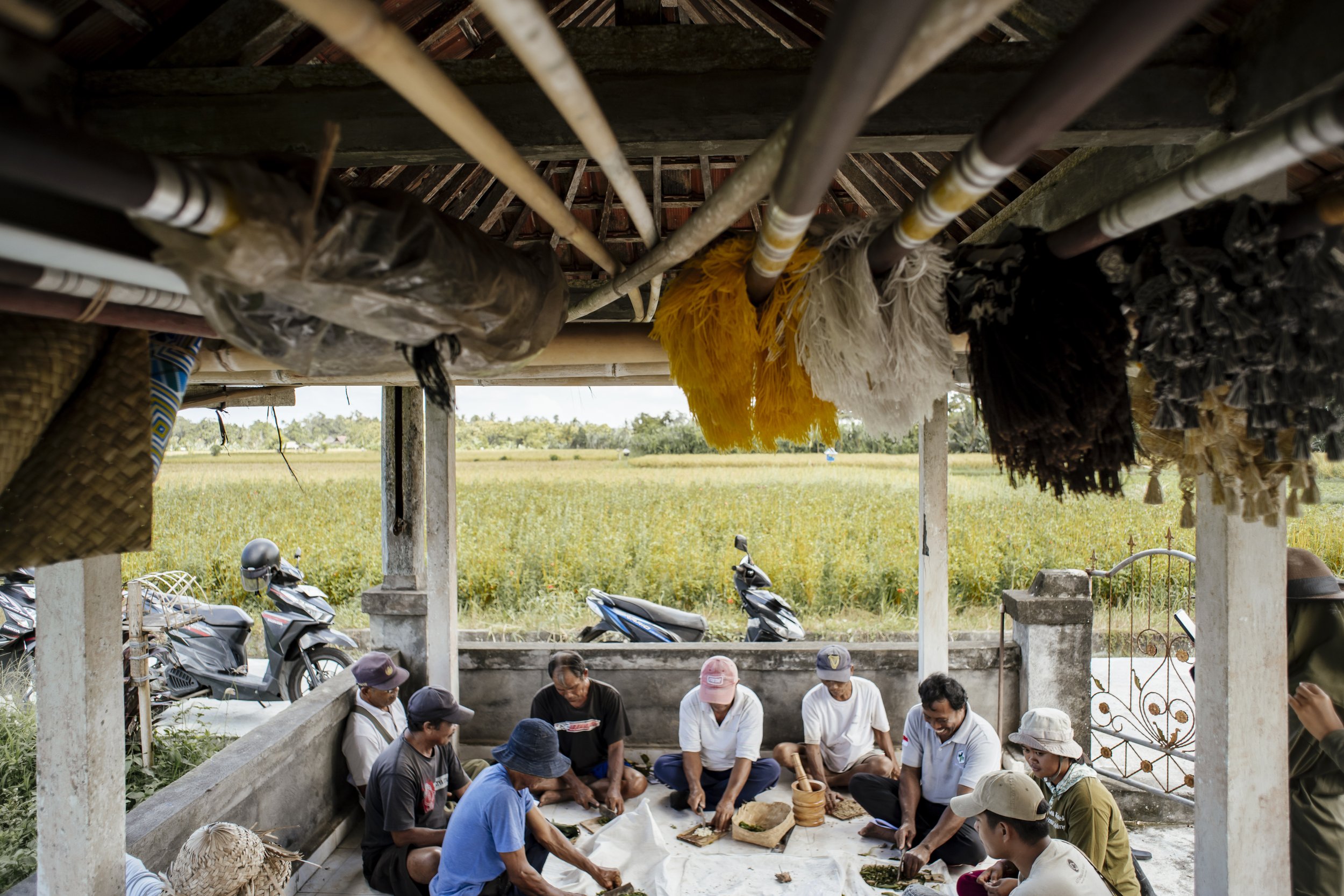Creating the Tipping Point | Hospitality’s role in regenerating food systems
Key takeaways
This October, we hosted a powerful evening with hospitality and sustainability leaders for the Hong Kong premiere of Common Ground – an award-winning documentary exploring the challenges of the food system. We followed the film with a thought-provoking panel discussion about the transformation needed for Hong Kong’s foodscape.
We were lucky enough to be joined by experts from across the hospitality value chain, who brought the conversation to life from their business and personal experience:
Tanguy Yu – Co-founder and Head of Operations, Astungkara Way
Samantha de Mello – Director of ESG, Asia Pacific, Hyatt Hotels Corporation
Karen Finnerty – Growth & Partnerships Director, APAC, The Sustainable Restaurant Association
Thomas Mak – Group Supply Chain Management and Sustainability Director, Jardine Restaurant Group
Common ground laid the foundations for the principles of regenerative agriculture and why it is such an effective food and climate solution. The job of our panel was to join the dots between farm and fork and examine the hospitality’s unique opportunity to change our broken food system. They shared action-led, practical advice about moving towards a more regenerative business as usual while staying honest about the challenges. We captured some key takeaways from the conversation below.
A day in the life
Tanguy, representing the farm and supplier level, explained the regenerative practices being implemented by their farmers to prioritise soil health and biodiversity, including incorporating ducks into the rice paddies to eat weeds and pests, saving the farmers time and money by reducing labour and the need for pesticides.
Buying better
Karen recommended upping your procurement game as a first step to integrating regenerative principles into your business. Buying locally can be challenging in a city like Hong Kong that imports over 90% of produce, but buying better can include doing your due diligence on the supply chain, reducing the amount of animal products, and diversifying the ingredients you use, which can ultimately become a point of difference for your business.
The power of collaboration
As part of the behemoth that is the Jardine Matheson conglomerate, Thomas shared an example of the power of collaboration across business units, citing the case of collecting used cooking oil from Maxim’s restaurants to be converted into biodiesel to power Gammon’s construction activity to support circular operations.
Collective impact
Having championed the Hyatt Group’s participation in Zero Foodprint’s 1% pledge, Sam talked us through the collective impact the group has achieved, including the exclusive sponsorship of a new project in Northern Thailand to regenerate over 40,000 hectares of land. She also elaborated on where Hong Kong fits into the solution – the city has a significant dinning platform to raise funding, which can be distributed to support farms in the region to grow better food and improve livelihoods.
Embracing flexibility
Tanguy emphasised the importance of adaptability for the restaurants and hotels they sell to. The seasonal variation and nature of regenerative production methods mean supply can be subject to change, so businesses must be open-minded and creative with their menu planning.
Levers of change
Karen highlighted the unique position that hospitality finds itself in as the conduit between producer and consumer. Restaurants play a pivotal role in shaping consumption habits, and it is their responsibility to reconnect staff and diners with how food is grown via education and better offerings.
Thomas encouraged us to measure the baseline of where your business is now, set clear goals, and start implementing changes today – however small. Perfect is the enemy of progress!
The event wouldn’t have been possible without our sponsors and vendors, so a huge thank you to @eaton.hk @breerhk @drinks99 @greenbottle.hk @slowood.hk.








